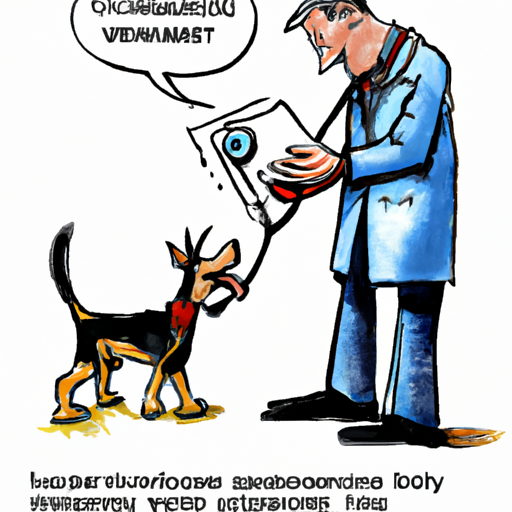As a caregiver, it’s imperative to be aware of your dog’s overall health. One vital aspect of your dog’s health is their heart rate. Knowing how to check your dog’s heart rate enables you to detect any early signs of health problems. This guide will walk you through the steps of checking your dog’s heart rate effectively.
H2: Understand the Normal Heart Rate for Dogs
Every dog breed has a different normal heart rate range. On average, a resting adult dog’s heart rate ranges between 60 to 160 beats per minute (bpm). Here’s a general guideline:
| Dog Size | Normal Heart Rate |
|---|---|
| Small breed pups | 120 – 160 bpm |
| Medium to large breed pups | 80 – 120 bpm |
| Adult small breed | 90 – 120 bpm |
| Adult medium to large breed | 60 – 90 bpm |
H2: Identify the Correct Spot to Check the Heart Rate
Your dog’s heart rate can be felt most prominently in its femoral artery, located in the inner thigh of the hind leg.
- Have your dog lie on its side
- Locate the area where the leg joins the body
- Feel for a pulse
Remember, patience is key. It might take a few tries to locate the pulse, especially if your dog is excited or anxious.
H2: Measure the Heart Rate
Once you’ve found the pulse, use a watch or stopwatch to measure the heart rate.
- Count the number of beats in 15 seconds
- Multiply that number by four to get the bpm
If the heart rate is consistently above or below the normal range, it’s advised to seek veterinary consultation.
H2: Know the Signs of an Abnormal Heart Rate
An abnormal heart rate in dogs could be a sign of underlying health issues. Here are some signs to watch out for:
- Rapid and continuous panting
- Fatigue or lethargy
- Loss of appetite
- Fainting or collapsing
H2: Monitor Your Dog’s Heart Rate Regularly
Regular monitoring of your dog’s heart rate helps to keep track of its health. It’s recommended to check your dog’s heart rate once a month.
FAQs
Q: How often should I check my dog’s heart rate?
A: Ideally, once a month. However, if your dog has a known heart condition, follow your vet’s advice.
Q: What should I do if my dog’s heart rate is consistently abnormal?
A: Seek immediate veterinary consultation.
Q: Can excitement or anxiety affect my dog’s heart rate?
A: Yes, emotional states can elevate the heart rate. Try to calm your dog before checking its heart rate.
Q: Does the heart rate vary with my dog’s age?
A: Yes, puppies usually have a higher heart rate than adult dogs.
Remember, as a caregiver, staying attuned to your dog’s health is crucial. Regular check-ups and vigilance can ensure your furry friend stays happy and healthy.



